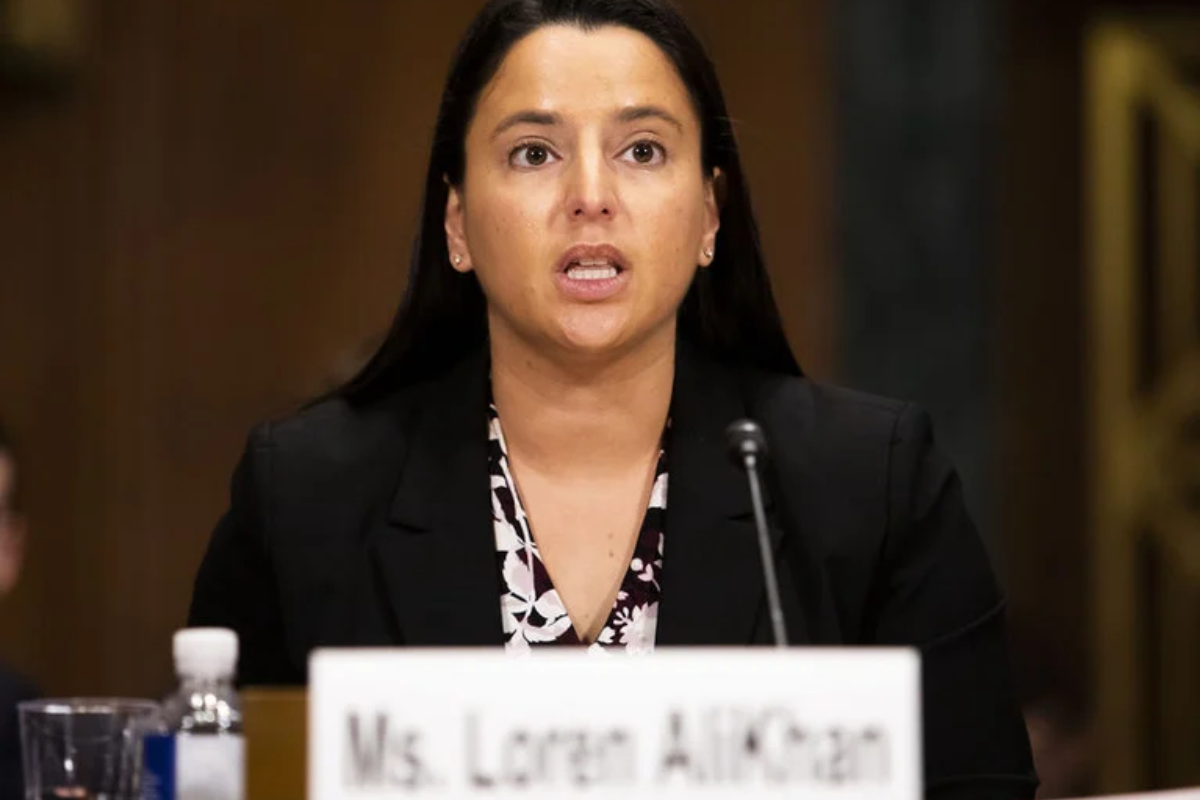A federal judge has temporarily blocked former President Donald Trump’s decision to halt funding for several key government programs, marking a significant legal setback for the former administration. Trump initiated the funding freeze to curb government spending. Still, advocacy groups immediately challenged it, arguing that it would harm vital services such as veterans’ programs and healthcare initiatives.
The judge’s decision temporarily halts the freeze, allowing funding to continue for the affected programs, at least for now. This ruling comes at a critical time, as the move to pause funding could have long-term consequences on federal spending and the operational stability of government services, depending on the case outcome.
The case’s heart is whether a president has the legal authority to freeze federal funding unilaterally without congressional approval. Legal experts and lawmakers have widely debated this issue, with some arguing that the president should not have the power to make such decisions independently. The ruling is seen as a significant step in determining the limits of presidential power when it comes to shaping the federal budget and directing spending.
Critics of Trump’s funding freeze argue that it undermines the stability of essential government functions, especially in areas that impact vulnerable populations, including veterans and low-income individuals who rely on government services. The suspension of funding could have had severe repercussions for these programs, significantly if the freeze had extended beyond its temporary halt. Advocates for these programs warn that any disruption to funding could lead to widespread hardships for the people who depend on them.
On the other hand, supporters of the funding freeze argue that it was necessary to rein in the ballooning federal deficit and reduce government spending. Proponents of fiscal responsibility believe such measures are crucial to ensuring that the government operates within its means and that taxpayer dollars are spent efficiently. This legal battle highlights the ongoing tension between the need for responsible budgeting and the imperative to ensure that government programs continue to function without disruption.
As the case moves forward, it could prompt a broader discussion on the scope of executive power and its limits when influencing government budgets. The case could have far-reaching implications for future administrations’ management of federal funds, particularly in budgetary constraints or political gridlock.
The ruling is also likely to spark further debate about the role of the judicial branch in overseeing executive actions, particularly those that impact government spending. With the judge’s decision to block the freeze temporarily, the court effectively ensures that critical services remain intact until the legal issues are resolved. This case serves as a reminder of the checks and balances that exist between the three branches of government, particularly when it comes to ensuring that no one branch wields too much power over fiscal decisions.
While the ruling is temporary, it has already underscored the contentious nature of budgetary decisions and the balancing act that the executive branch must navigate when managing federal funds. As the case progresses, it is likely to raise important questions about how the government allocates resources and the role of the president in influencing these decisions.
This legal battle could set a precedent for future disputes over presidential authority and federal spending, potentially shaping how presidents manage the nation’s finances for years to come. In the meantime, the case will continue attracting attention from legal experts, lawmakers, and the public, as it could have significant implications for how federal funds are managed and distributed.




